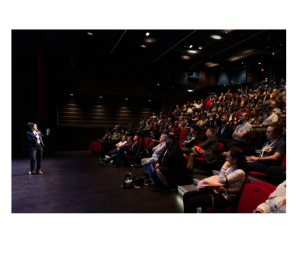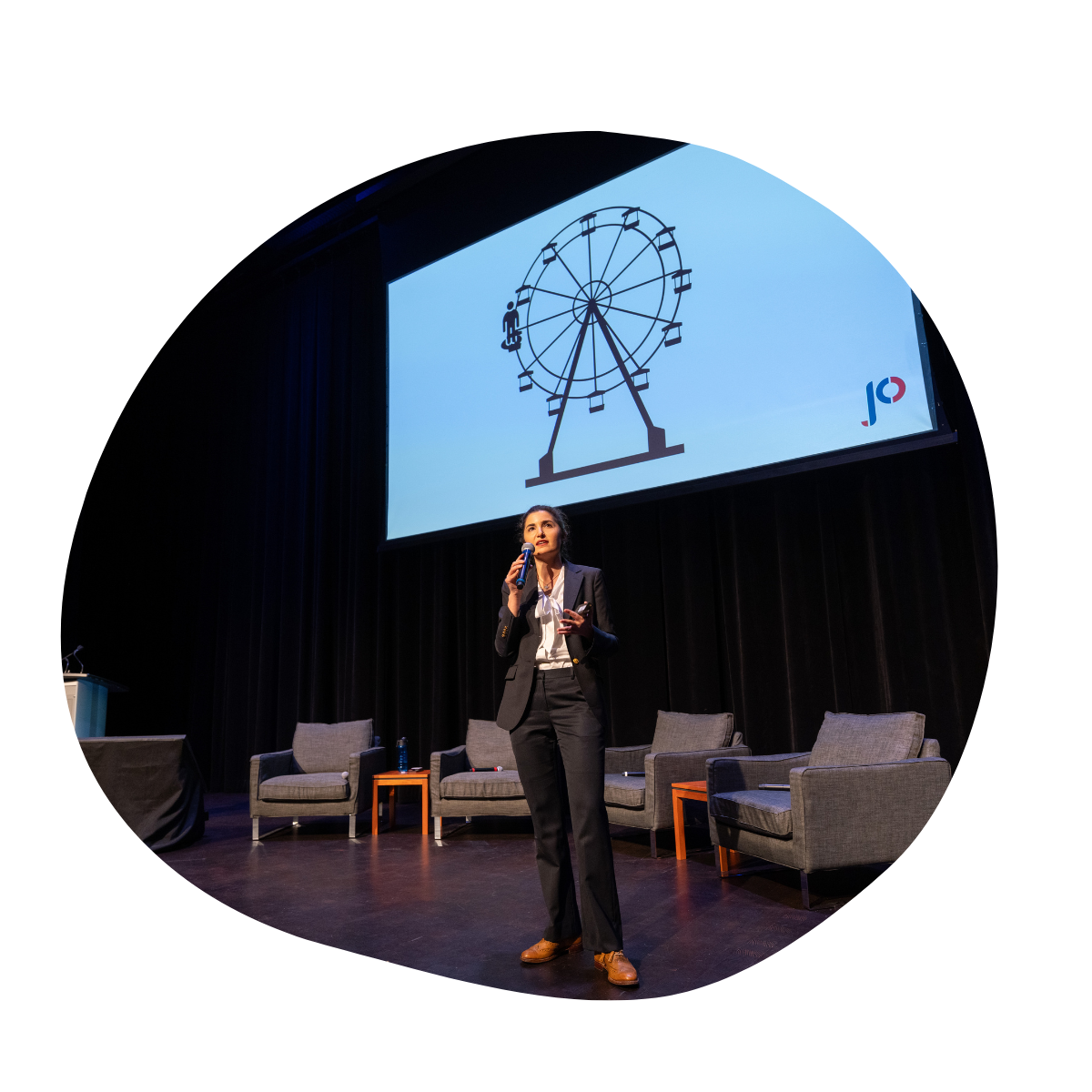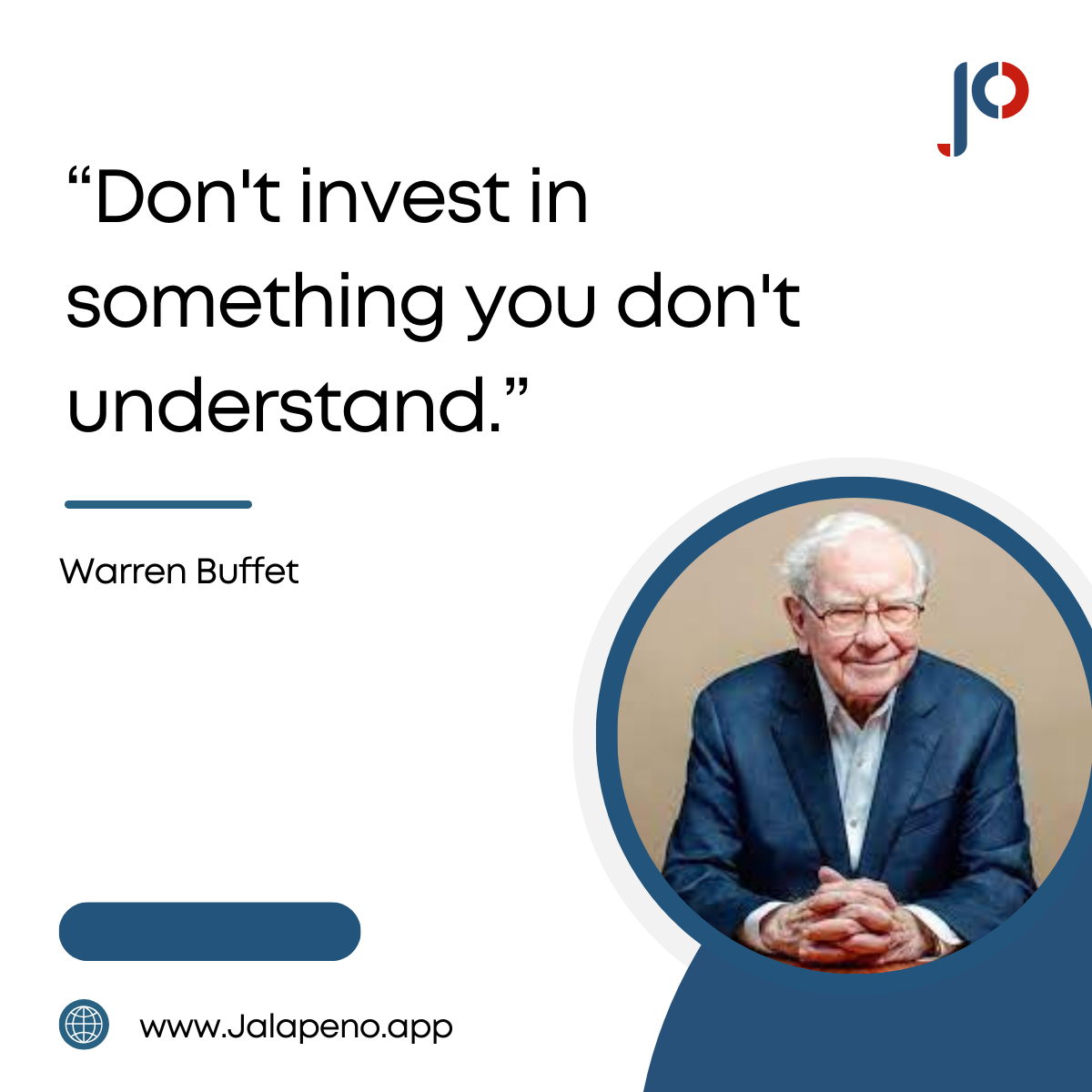Samin Saadat
Executive Director,
Posted on Dec 20, 2023
From Financial Capital to Psychological Capital
The Key to Small and Midsize Business Wealth
If you find yourself, as a leader or owner of a small business, concluding the year with feelings of disappointment, despair, doubt, and fear, know that you are not alone. Through my experience coaching and consulting numerous leaders, I have had the privilege of delving into the deeper and unmasked layers of leaders and their companies. This unique vantage point provides me with a perspective that I am excited to share with you, offering a spark that can catalyze a positive transformation for yourself.
Here's the good news: even if you find yourself in a challenging situation regarding your business, which could also impact your personal life as an entrepreneur or business owner, you possess more power than you might realize to turn things around. This article, based on the speech I gave at the BC Craft Brewers Conference, aims to instill hope and serve as the catalyst for a positive shift in your perspective and actions.
 Over the past few years, we have encountered many challenges, including inflation, escalating costs, minimum wage hikes, wildfires, and market fluctuations. Concurrently, we have also faced personal issues. Consequently, business owners find it increasingly arduous to detach themselves from work as financial concerns consume their thoughts. Instead of serving as much-needed rejuvenating breaks, vacations can become anxiety-ridden.
Over the past few years, we have encountered many challenges, including inflation, escalating costs, minimum wage hikes, wildfires, and market fluctuations. Concurrently, we have also faced personal issues. Consequently, business owners find it increasingly arduous to detach themselves from work as financial concerns consume their thoughts. Instead of serving as much-needed rejuvenating breaks, vacations can become anxiety-ridden.
As small business owners, we frequently experience perpetual stress regarding our financial resources and the sustainability of our businesses. Our focus tends to be excessively directed toward external factors such as the economy, sales, management, etc. Consequently, we often feel overwhelmed, burned out, and utterly exhausted. Regrettably, we fail to acknowledge the significance of investing in ourselves and our psychological well-being, known as psychological capital (PsyCap) (a positive psychological state characterized by self-efficacy, optimism, hope, and resilience.)PsyCap enables individuals to thrive and effectively cope with challenges.
“Similar to the concept of financial capital in business, where capital signifies assets that generate value, we need to recognize the importance of investing in our own psychological capital to achieve our financial goals.”
Our primary objective in this article is to illuminate an often-hidden capital for investment that yields a higher return on investment – YOU. Collectively, we will explore the underlying factors that contribute to the success of both businesses and individuals, which often go unrecognized. Our aim is to inspire you by providing a fresh perspective through which you can view your business and the challenges you face. You will gain a new lens through which they can evaluate your businesses, identifying areas for investment that offer the greatest financial, social, and personal returns.
Consider the pinnacle moments in your business or job—the exhilaration of launching a new product, securing significant funding, or initiating a groundbreaking idea.
 In our sessions with business owners and co-founders/founders, conversations during the high points typically unfold like this:
In our sessions with business owners and co-founders/founders, conversations during the high points typically unfold like this:
Consultant: How are you doing?
Prospect: Very good.
Consultant: What makes it “very good"?
This usually leads to a story about the following common themes:
- "This is a game-changer for our business!"
- "I see limitless potential in this opportunity."
- "Success is around the corner, and I can feel it."
- "I believe in our team's ability to make this a huge success."
- "We're going to disrupt the industry with our innovation."
However, a few weeks later, when they follow up, the narrative shifts. There is awareness of how they overestimated the impact of the innovation/product/proposal/initiative. They lost a lot of money. The economy is tough; employees are disengaged and misbehaved, and they find themselves at a point where there isn't enough cash to cover expenses and payroll for the following month.
This is typically how the conversation unfolds, highlighting common themes:
Consultant: How are you doing?
Prospect: Not good.
Consultant: What makes it “not good”?
- "I'm worried my team doesn't like me."
- "I fear that overwork and stress will lead to serious health problems."
- “I feel so lonely.”
- "I'm frustrated with everyone around me right now."
When asked about their hopes, the response often revolves around the desire for sustainable cash flow.
How Are We Going To Be Sustainable?
It feels like we're stuck on a Ferris wheel – when the business is thriving, we're on top with a better view, and when it's struggling, we're down low. The constant ups and downs throughout the year, month, week, and day eventually lead to apathy and carelessness about these fluctuations.


The true power, joy, and wealth emerge when you step off the Ferris wheel of your business and observe it from the outside. While it may sound simple to say, it's a skill that requires development, practice, and resources.
The noticeable change in this position is that events don't feel like they're happening TO you; they're happening FOR you. With this mindset, you better understand how to approach your problems and turn them into growth opportunities.
 Amidst the business fluctuations, the tendency is to safeguard or invest in social capital (network) or financial capital. However, we've observed a pattern – while these investments may help you weather the situation, do they contribute to growth? Do they ensure you won't face the same problem next year but instead focus on new challenges?
Amidst the business fluctuations, the tendency is to safeguard or invest in social capital (network) or financial capital. However, we've observed a pattern – while these investments may help you weather the situation, do they contribute to growth? Do they ensure you won't face the same problem next year but instead focus on new challenges?
It appears that they will help you survive the situation but may not contribute significantly to thriving in the situation.
While it's crucial to invest in and maintain your financial and social capital, the common factor in all these investments is YOU. Research suggests that successful people aren't necessarily happy, but happy people tend to be successful. You may wonder what a happy mind is; a happy mind often resides outside the Ferris wheel.
Yet, the idea of investing in oneself has become a buzzword, particularly in an advertising world that defines it as short-term pleasures like indulging in certain foods, wearing specific clothes, or going on vacations or spa trips. True investment involves allocating resources with the expectation of generating greater returns in the future. While these short-term pleasures may provide momentary relief, they do not ensure increased value in the future.
 How Do I Invest in Myself?
How Do I Invest in Myself?
To gain a competitive advantage through people, we advocate investing in and developing Psychological Capital. This refers to an individual's positive psychological state characterized by:
- Confidence (Efficacy): Having confidence in one's abilities.
- Positive Outlook (Optimism): Making positive attributions about succeeding both now and in the future.
- Perseverance (Hope): Persisting towards goals and, when necessary, adjusting paths to achieve them.
- Resilience: When faced with problems and adversity, sustaining, bouncing back, and even going beyond to attain success.
All these resources are NOT fixed personality traits or characteristics. This means that 1) They will fluctuate based on different situations, 2) You can learn to increase them.

To kick things off, as Warren Buffett wisely advises, never invest in anything you don't understand — and I believe this includes understanding yourself. So, as a starting point to develop your psychological capital, we need to start with homework:
Pause to observe yourself when you sense the physical and mental strains of pressure. When overthinking starts to seep in, approach this observation without judgment. Ask yourself: What are your typical responses to challenges and stress? What thoughts emerge, and what actions do you instinctively take? Assess the short-term benefits and, more importantly, contemplate how these responses serve you in the long run.
We've had the privilege of coaching numerous leaders and consulting with organizations, assisting them in breaking free from the relentless cycle and identifying where to invest for a competitive edge. We observed that founders who invested in their own psychological capital and were able to step out of their Ferris wheel to gain a better perspective could successfully grow beyond their current situation and confront new growth challenges each year.
Our goal is to ensure that we foster a life marked by tranquillity, free from stress, and characterized by continuous growth. Until our next article in the new year, invest the time to understand yourself for effective self-investment.
About the Author: The human brain, behaviour, and interactions with their environment never fail to intrigue Samin Saadat. After spending long hours in psychology labs at UBC and completing her Master's at the Sauder School of Business, she entered the workforce. She observed a gap between what research suggests and what companies do to increase productivity and profitability. Over the last 10 years, Samin has developed expertise in people growth and culture building by working closely with business owners and individuals to develop the right mindset, skills and environment for cultivating a thriving workforce. Also, Samin strongly believes every single individual, regardless of their race, age, status, gender, position, mental health matters and physical conditions, deserves to reach their full potential. They all have something unique to offer. Now, Samin is on a mission to bridge the existing gap in the workforce and support individuals and companies to reach their full potential through Jalapeño Employee Engagement—leveraging technology and psychology to bring research findings to life to help companies save invaluable dollars and to help individuals enhance their quality of life.